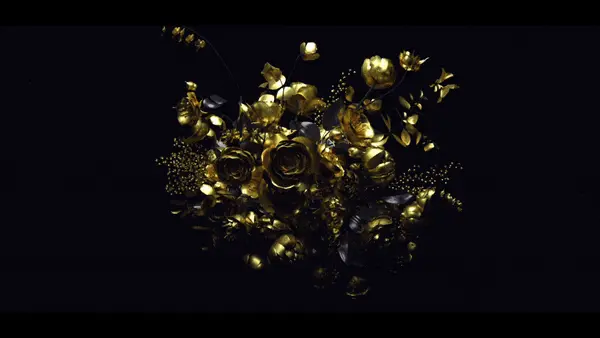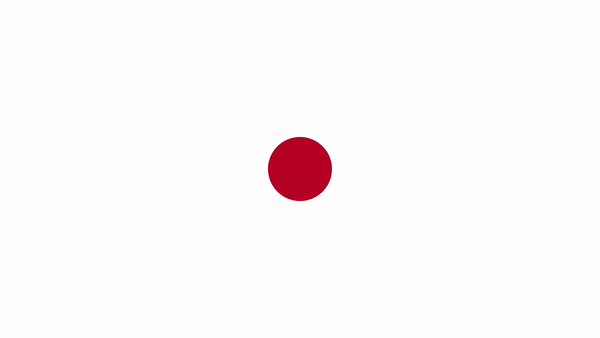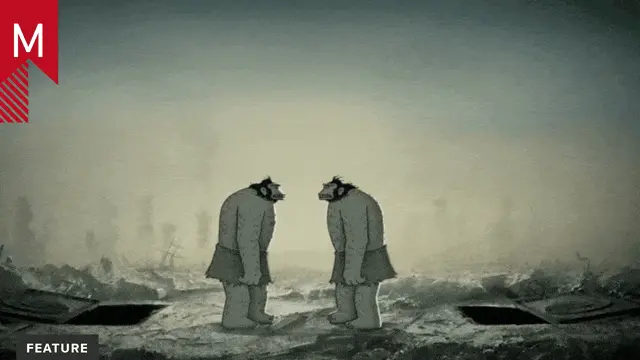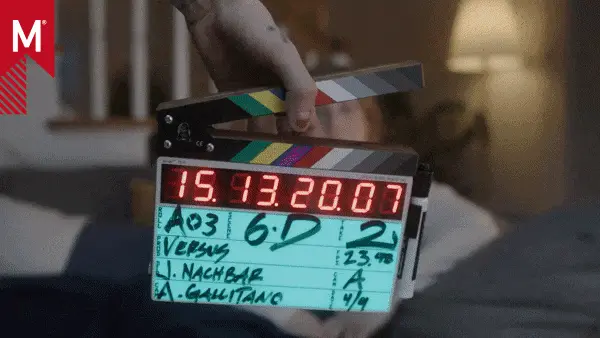We all reach that point eventually: the satisfaction of another project or another award is replaced by an uneasy dread. You realize the old ways no longer feel fulfilling—maybe because the technology is evolving faster than you can keep up, or your expertise is suddenly less in demand.
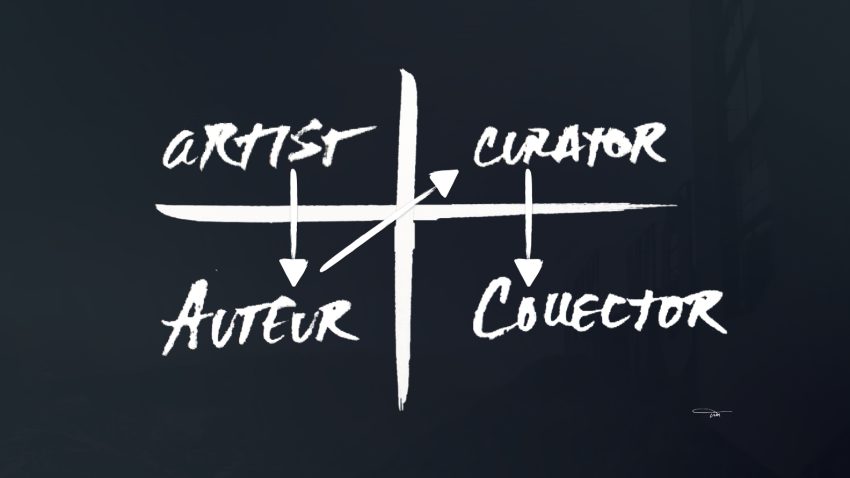
For some, this midlife crisis hits in small ways—software updates force you to relearn everything, or entire programs (like Flash or Final Cut Pro) vanish. For others, it comes in a massive shock—an entire industry flips from analog to digital, or a longtime employer suddenly folds. Now you’re forced to pivot. The real catch? You’re not done with your career. You still have hard-earned skills, network connections, and valuable insights. The question is how to reframe them.
The Day the Call Came
I remember taking a call from a longtime producer who had lived comfortably in broadcast promotions. He’d been at it for decades. As a former network executive turned production company owner, he was thoroughly anchored in a corner of the TV world he knew well. Then, out of nowhere, the contract with the Food Network wasn’t renewed.
He wanted to pivot into online video content—sponsored pieces, brand partnerships, and fresh concepts. But he had no direct connections in that space, no tested ideas, a stagnant network, and not nearly enough cash to fund a deep dive into something uncharted. It wasn’t a talent issue; the world had simply shifted faster than he noticed. To move on, he had to pivot from being the auteur (the creative mastermind overseeing every detail) to the curator (the guide who orchestrates new talent, new tech, and new ideas).
He learned the lesson the hard way, and his regret began my journey to understand what it means to preserve our careers and build a long-term perspective from the short-term strategy.
And I learned quickly, that if I’m going to advice Creative Entrepreneurs, we had to shift from just surviving to thriving in our careers.
Auteur vs. Curator
If you are familiar with my 4 Stages of a Creative Career, you know that the difficulty of a pivot from strictly a business owner to industry leader who can weather the changes we need to think differently about our Influence.
The auteur stage is the visionary, the hands-on craftsperson who sets style, tone, and method. The curator stage is a connector, synthesizing trends, tools, and teams. At some point, many of us realize we can’t keep innovating if we cling to our lone-wolf auteur role. The future demands an ability to gather, inspire, and orchestrate—less in the trenches, more at the helm.
The Hard Truths About the Pivot
Tech Will Leave You Behind. Software evolves, platforms come and go, and there’s always a new skill to learn. Accept that you might not keep pace with every single trend, but choose strategically where to specialize—and where to hire or collaborate.
Your Network Needs Ongoing Care. Those connections you made ten years ago might not be so hot today. Stay curious, and reach out to people in new spaces. Collaborations often emerge where you stretch beyond your comfort zone.
Preparation Trumps Passion. Planning isn’t sexy, but you can’t pivot on a whim. Build cash reserves, test your ideas in small pilots, and nurture potential partnerships long before you actually need them.
Relevance Is More Than Skill. Sure, your craft matters. But staying relevant also means paying attention to cultural shifts, new storytelling methods, and emerging platforms. It’s not just how you create but why you create that sets you apart.
Where to Go From Here
Take inventory of which skills still have weight, get curious about where the industry is heading, and explore small, low-stakes experiments that push you into new territory. Think beyond solo work—who do you need to bring along, and how can their fresh perspective help?
AND GET CONNECTED WITH OTHER OWNERS LIKE YOURSELF.
- Join group.
- Start a book study.
- Go to a conference.
- DM someone in this community you respect and ask them questions about their journey.
Reflection Points
- When was your “midlife crisis” moment—the exact project or day that made you question your relevance?
- Which outdated skills or processes are you holding onto out of habit or nostalgia?
- Who do you need around you now to fill the gaps in your knowledge, talent, and network?
Final Thought
A creative midlife crisis isn’t the end of your story—it’s a new chapter. You may have been the auteur, but now it’s time to curate, connect, and lead. You don’t have to master everything alone if you know how to guide the next generation and mobilize their skills. Your hard-earned wisdom and perspective are powerful tools that can shape the future, so long as you allow yourself to adapt and embrace change.




